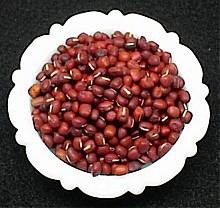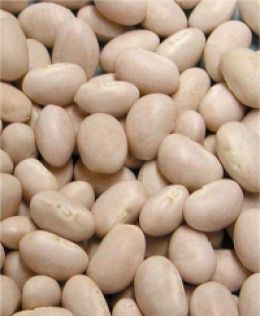The spaghetti squash (Cucurbita pepo) (also called vegetable spaghetti, noodle squash,spaghetti marrow (British English), squaghetti , gold string melon or fish fin melon is an oblong seed-bearing variety of winter squash. The fruit can range either from ivory to yellow or orange in color or green with white streaks. Its center contains many large seeds. Its flesh is bright yellow, and orange or white for the latter variety. When raw, the flesh is solid and similar to other raw squash; when cooked, the flesh falls away from the fruit in ribbons or strands like spaghetti or cooked shark’s fin.
A spaghetti squash is a variety of winter squash, pale yellow to ivory in color, weighing between 6 to 8 pounds (2.7 to 3.6 kilograms). Pulling a fork through the cooked flesh of the squash will separate it into long spaghetti-like strands, hence the name. The mild taste that absorbs surrounding flavors, crispy texture and low calories make the spaghetti squash a popular vegetable to add to pasta dishes, or to eat on its own.
In the early 1990’s a new variety of orange spaghetti squash hit the market.Orangetti is slightly sweeter and higher in beta-carotene than standard spaghetti squash. Either way a four-ounce (113 gram) serving will only set you back 37 calories!
Health Benefits of Spaghetti Squash
This squash is a great source of fiber, potassium, manganese, and vitamin A. It is also cholesterol free and low in sodium and fat. Here are some of the nutrients you will find in it: Omega 3 fatty acids, folate, pantothenic acid, niacin, copper, vitamins B1 and B6.
This particular squash has lots of vitamin C, a powerful antioxidant and anti-inflammatory. Strokes and heart attacks are prevented by beta carotene, which lowers the body’s cholesterol levels.
Here is what the antioxidant properties can do for you: reduce the risk of lung and colon cancer, regulate blood pressure, prevent damage caused by free radicals.
Additionally, the lutein and beta carotene found in spaghetti squash can help lower the incidence of cataracts and macular degeneration. These components of spaghetti squash are beneficial to eyesight.
The squash contains carbohydrates, which are good fuel for energy. This is stored in the liver and the muscles as glycogen. It helps support the muscles during extended exercise.
Blood pressure and cholesterol levels are lowered, and the heart is benefited by potassium. Additionally, urinary excretion of calcium is reduced, so the risk of kidney stone formation is lowered.
The colon is protected from cancer causing chemicals by the folate and fiber in spaghetti squash. Dangerously high levels of homocystein in the body are broken down by folate. This help to prevent stroke and heart attack.

